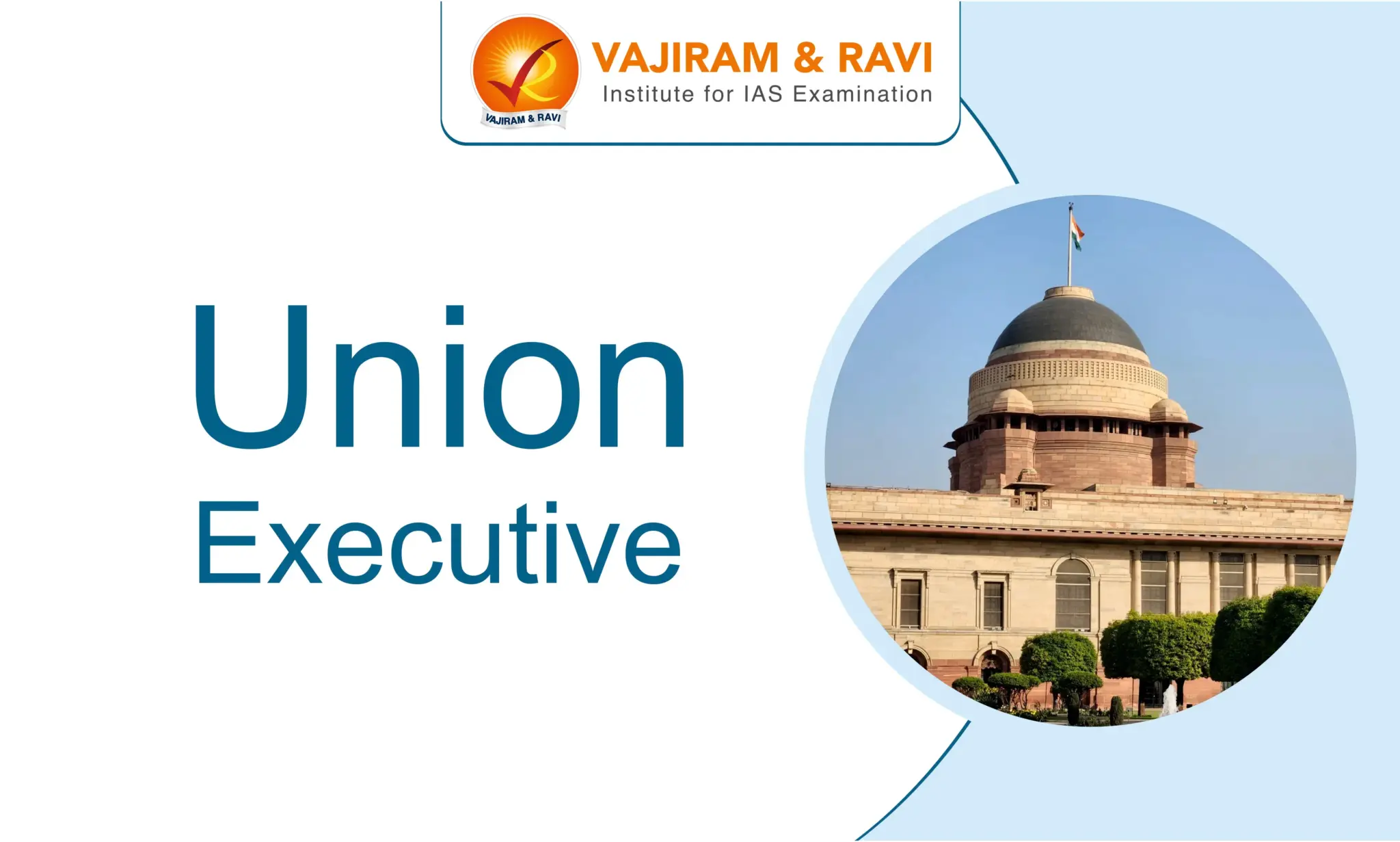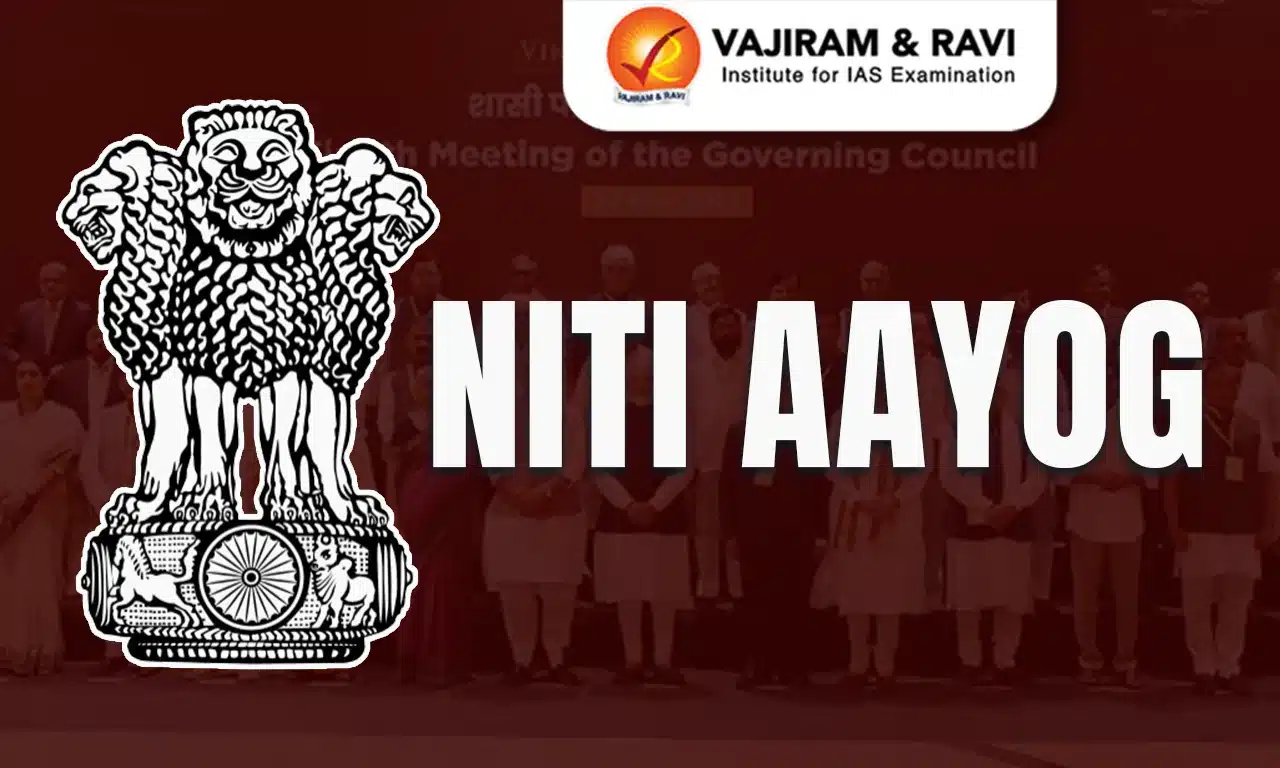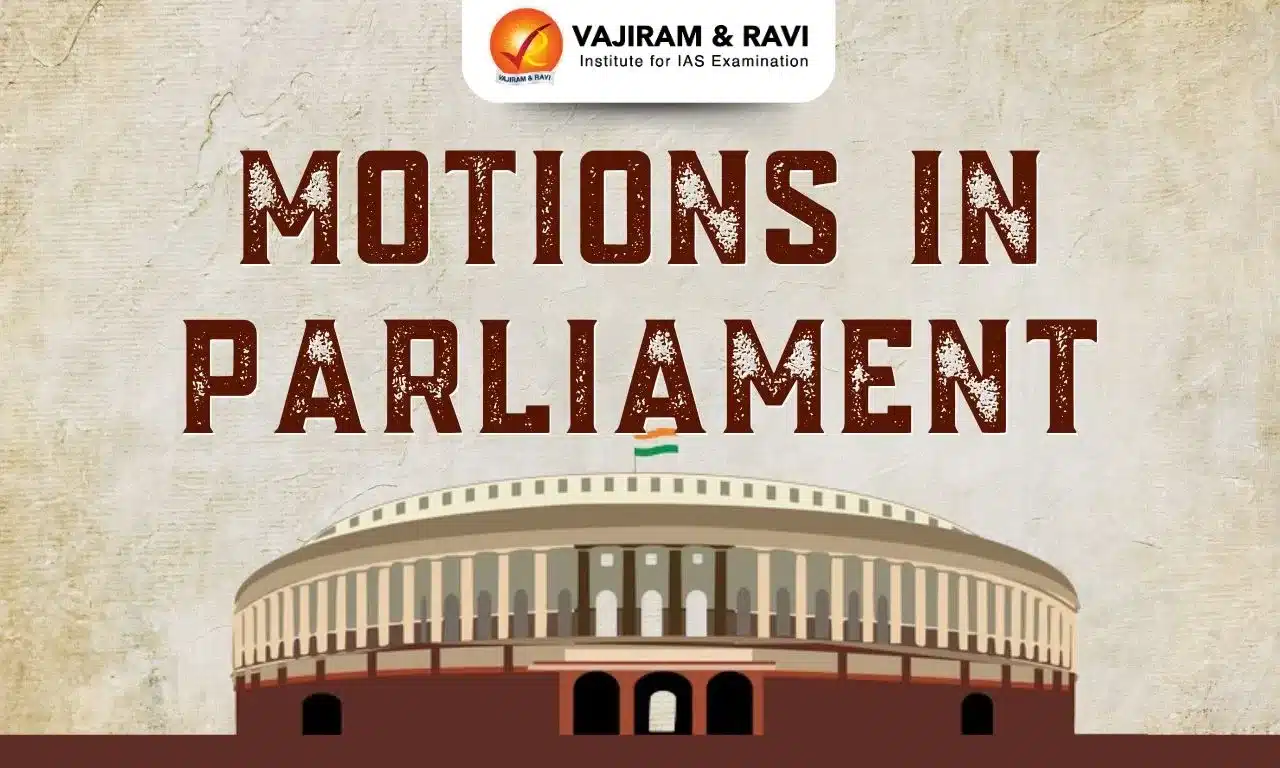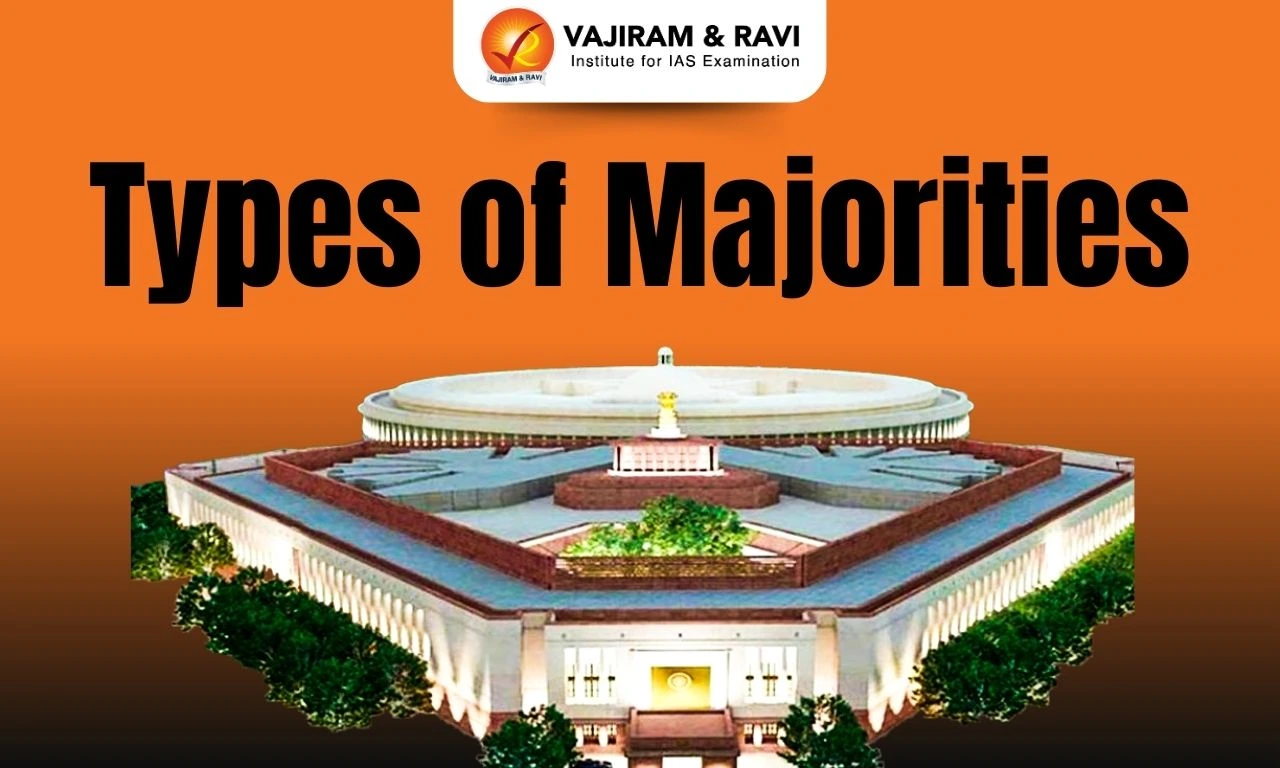A Uniform Civil Code (UCC) refers to a single law applicable to all citizens of a country in personal matters such as marriage, divorce, custody, adoption, and inheritance. In India, the purpose of a uniform civil code is to replace personal laws based on religions and their scriptures and customs with a common set of civil laws governing every citizen that are in line with criminal laws.
Article 44, enshrined in Part IV of the Indian Constitution, recognises the need for a UCC, but it is not mandatory and is left to the government's discretion. The demand for a uniform civil code in India is contentious; supporters argue it promotes equality and secularism, while opponents believe it undermines minority rights and religious practices.
What is the Uniform Civil Code?
The Uniform Civil Code seeks to create a common civil law that applies to all citizens equally, unlike the current system where religious communities follow their respective personal laws on matters like marriage, divorce, and inheritance.
- UCC is often viewed as a step towards a more secular and equitable society, aligning with the ideals enshrined in the Indian Constitution.
- The Constitution of India envisions the UCC under Article 44 as part of the Directive Principles of State Policy (DPSP). Although not enforceable by law, Article 44 expresses the state's aspiration to apply common civil laws to all its citizens.
Uniform Civil Code Background
The call for a Uniform Civil Code (UCC) began in colonial India. It aimed to create uniform laws while keeping Hindu and Muslim personal laws separate to avoid resistance. The demand gained traction in the early 20th century, led by women activists for equality and secularism.
- Constitutional Debate: The debate around the Uniform Civil Code (UCC) reemerged during the drafting of the Indian Constitution, with notable advocates like B.R. Ambedkar supporting its implementation. To reach a compromise, the UCC was included as a non-enforceable Directive Principle under Article 44.
- Post-Independence: After India’s independence, the Hindu Code Bills were enacted by the Indian Parliament in 1955-56 to codify Hindu personal laws. However, the Shah Bano case in 1985 brought the Uniform Civil Code (UCC) debate back into focus, with the Supreme Court urging its adoption.
- Recent Developments: Since then, cases like Sarla Mudgal (1995) and Shayara Bano (2017) have further emphasised the need for a UCC. Despite these judicial calls, UCC remains highly debated, with ongoing concerns about protecting religious freedoms and India’s cultural diversity.
Present Status of the Civil Laws in India
India’s civil laws consist of personal laws specific to religious communities and codified through various acts, alongside secular laws like the Special Marriage Act of 1954. There are exceptions to these personal laws also for some special category states.
- Hindu Personal Laws: It is codified in four Acts,
- The Hindu Marriage Act, 1955
- Hindu Succession Act, 1956
- Hindu Minority and Guardianship Act, 1956, and
- Hindu Adoptions and Maintenance Act, 1956
- The term ‘Hindu’ also includes Sikhs, Jains and Buddhists for these laws.
- Muslim Personal Law: It is not codified per se but is based on religious texts, though certain aspects of these are expressly recognised in India in acts such as the Muslim Personal Law (Shariat) Application Act, 1937 and Dissolution of Muslim Marriages Act, 1939.
- Christian Personal Laws: Christian marriages and divorces are governed by the Indian Christian Marriages Act of 1872.
- Special Marriage Law: There are more ‘secular’ laws which disregard religion altogether, such as the Special Marriage Actof 1954, under which Inter-religion marriages take place, and the Guardians and Wards Act of 1890, which establishes the rights and duties of guardians.
- Exceptions to Personal Laws: Under Article 371, the Constitution makes certain exceptions to family law for the states of Assam,Nagaland,Mizoram, etc., to protect distinct regional identities.
- Currently, Goa and Uttarakhand are the only states with a Uniform Civil Code. However, other states like Assam and Gujarat are exploring the feasibility of implementing the UCC.
Uniform Civil Code Arguments in Favour
Dr Ambedkar considered a UCC desirable, but following significant division in the constituent assembly, he proposed that it remain voluntary for the moment. As a result, the Constituent Assembly later decided to include the clause as a Directive Principle rather than a Fundamental Right.
- Constitutional Mandate: The Directive Principles of State Policy section of Article 44 of the Indian Constitution states unequivocally that "The State shall endeavour to secure for the Citizens a Uniform Civil Code throughout the Territory of India."
- Advocates contend that creating a UCC is required by the constitution and will guarantee equality before the law.
- Promotes Equality and Justice: UCC seeks to treat all citizens equally by removing gender-biased and discriminatory provisions from personal laws, particularly benefiting women in matters of divorce, inheritance, and custody.
- Strengthens National Integration: The UCC can help foster national unity by creating a sense of shared identity among citizens and removing religious divisions in personal law.
- Reflects India’s Secular Ideals: Enforcing a common civil code aligns with the secular vision of the Indian Constitution, which advocates the separation of religion and state affairs. A UCC ensures that personal law is not influenced by religious doctrine.
- Simplifies the Legal System: UCC can streamline the judicial process by reducing the burden on courts to interpret and apply different laws for different communities, creating a more efficient legal system.
- Reform of Existing Laws: Current personal laws are rooted in patriarchal religious views, resisted by traditionalists fearing reform. Proponents often advocate UCC for women's empowerment and seeking equality, as seen with the 2019 ban on instant triple talaq.
Uniform Civil Code Arguments Against
Critics argue that a Uniform Civil Code risks eroding India’s cultural diversity and infringing on religious freedom. They contend it may marginalise minority groups, overlook unique traditions, and face significant legal and political challenges.
- Violation of Religious Freedom: Opponents argue that UCC could erode the cultural and religious identities of minority communities, infringing upon their right to follow personal religious practices.
- For instance, Article 25 of the Indian Constitution grants each religious group the freedom to conduct its religious affairs, and Article 29 permits them to maintain their unique cultural traditions.
- Threat to Cultural Diversity: India’s unique social and cultural diversity means that different communities have distinct customs and traditions. A single code may overlook these differences, leading to social unrest.
- Potential for Political Misuse: The push for UCC has been a contentious political issue, with concerns that it may be used to marginalise minority communities and create communal tensions, especially during elections.
- Legal Challenges: Implementing a UCC across India is likely to face substantial legal challenges, as different states may have varied views on such a law. Additionally, personal laws are listed in the concurrent lists, making it a potential subject for conflict in centre-state relations.
Uniform Civil Code Related SC Judgements
The Supreme Court of India has underscored the importance of a Uniform Civil Code (UCC) through landmark judgments, including Shah Bano (1985), Sarla Mudgal (1995), John Vallamattom (2003), and Shayara Bano (2017), advocating for legal uniformity and gender equality.
- Shah Bano Case (1985): This landmark case involved the right of a Muslim woman, Shah Bano, to receive maintenance from her husband after divorce under Section 125 of the Criminal Procedure Code (CrPC).
- The Supreme Court ruled in her favour, highlighting the need for a UCC to ensure gender equality, which triggered a national debate on the role of personal laws and the importance of a UCC.
- Sarla Mudgal v. Union of India (1995): This case involved a Hindu man who converted to Islam to practice polygamy. The Supreme Court emphasised the need for a UCC to prevent the misuse of personal laws, stating that such a code would bring clarity and consistency to civil laws.
- John Vallamattom v. Union of India (2003): The Supreme Court struck down discriminatory provisions within personal laws and reiterated the need for a UCC to ensure equal rights irrespective of religion. The judgment emphasised that India must prioritise equality in personal laws.
- Shayara Bano case (2017): The Supreme Court declared the practice of instant triple talaq (talaq-e-biddat) unconstitutional, marking a significant step toward promoting gender equality.
Uniform Civil Code Way Forward
A balanced approach to implementing a Uniform Civil Code (UCC) involves gradual reform of personal laws, inclusive consultations, a focus on gender justice, state-level UCC initiatives, and promoting legal awareness to build public support.
- Gradual Reform in Personal Laws: Instead of an abrupt shift to a UCC, gradual reforms within existing personal laws could be more effective.
- For example, amending provisions in discriminatory personal laws would reduce resistance and align these laws with constitutional values.
- Broad-Based Consultation: Establishing a UCC requires consultation with all communities to ensure inclusivity and address concerns related to cultural identity. This approach could mitigate resistance and increase acceptance.
- Focus on Gender Justice and Rights: Any movement toward a UCC should prioritise ensuring equal rights for all, particularly women. Legal reforms that enhance women’s rights within existing personal laws could serve as a precursor to a UCC.
- Consider State-Level UCC Initiatives: Allowing states to implement a UCC at the local level could help gauge its effectiveness and acceptability.
- States like Goa and Uttarakhand have already implemented UCC, which can serve as a model for other regions.
- Encourage Legal Literacy and Awareness: Promoting awareness of constitutional rights and gender justice can build public support for UCC. A more informed society is likely to understand and accept changes toward a unified legal system.
Uniform Civil Code UPSC PYQs
Question 1:Discuss the possible factors that inhibit India from enacting for its citizens a uniform civil code as provided for in the Directive Principles of State Policy. (UPSC Mains 2015)
Question 2:Consider the following provisions under the Directive Principles of State Policy as enshrined in the Constitution of India:
- Securing for citizens of India a uniform civil code
- Organising village Panchayats
- Promoting cottage industries in rural areas
- Securing for all the workers reasonable leisure and cultural opportunities
Which of the above are the Gandhian Principles that are reflected in the Directive Principles of State Policy? ( UPSC Prelims 2012)
(a) 1, 2 and 4 only
(b) 2 and 3 only
(c) 1, 3 and 4 only
(d) 1, 2, 3 and 4
Ans: (b)
Last updated on March, 2026
→ UPSC Notification 2026 is now out on the official website at upsconline.nic.in.
→ UPSC IFoS Notification 2026 is now out on the official website at upsconline.nic.in.
→ UPSC Calendar 2026 has been released.
→ UPSC Final Result 2025 is expected to be released soon.
→ Check out the latest UPSC Syllabus 2026 here.
→ Join Vajiram & Ravi’s Interview Guidance Programme for expert help to crack your final UPSC stage.
→ UPSC Mains Result 2025 is now out.
→ UPSC Prelims 2026 will be conducted on 24th May, 2026 & UPSC Mains 2026 will be conducted on 21st August 2026.
→ The UPSC Selection Process is of 3 stages-Prelims, Mains and Interview.
→ Prepare effectively with Vajiram & Ravi’s UPSC Prelims Test Series 2026 featuring full-length mock tests, detailed solutions, and performance analysis.
→ Enroll in Vajiram & Ravi’s UPSC Mains Test Series 2026 for structured answer writing practice, expert evaluation, and exam-oriented feedback.
→ Join Vajiram & Ravi’s Best UPSC Mentorship Program for personalized guidance, strategy planning, and one-to-one support from experienced mentors.
→ Check UPSC Marksheet 2024 Here.
→ UPSC Toppers List 2024 is released now. Shakti Dubey is UPSC AIR 1 2024 Topper.
→ Also check Best UPSC Coaching in India
Uniform Civil Code FAQs
Q1. What are the rules of UCC?+
Q2. What are the disadvantages of Uniform Civil Code?+
Q3. Which country has a Uniform Civil Code?+
Q4. Is UCC possible in India?+
Q5. What are the benefits of Uniform Civil Code?+
Tags: quest uniform civil code














